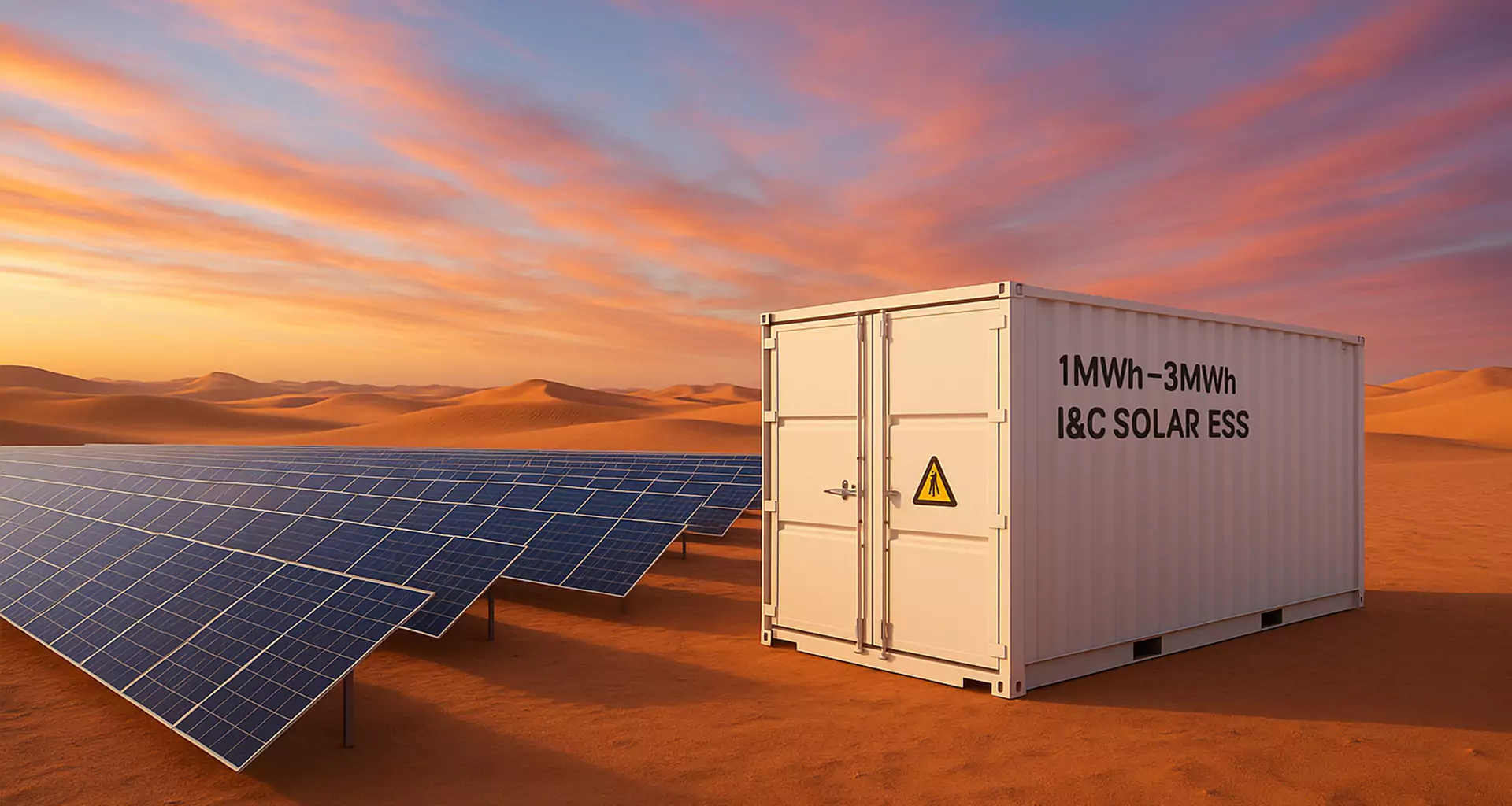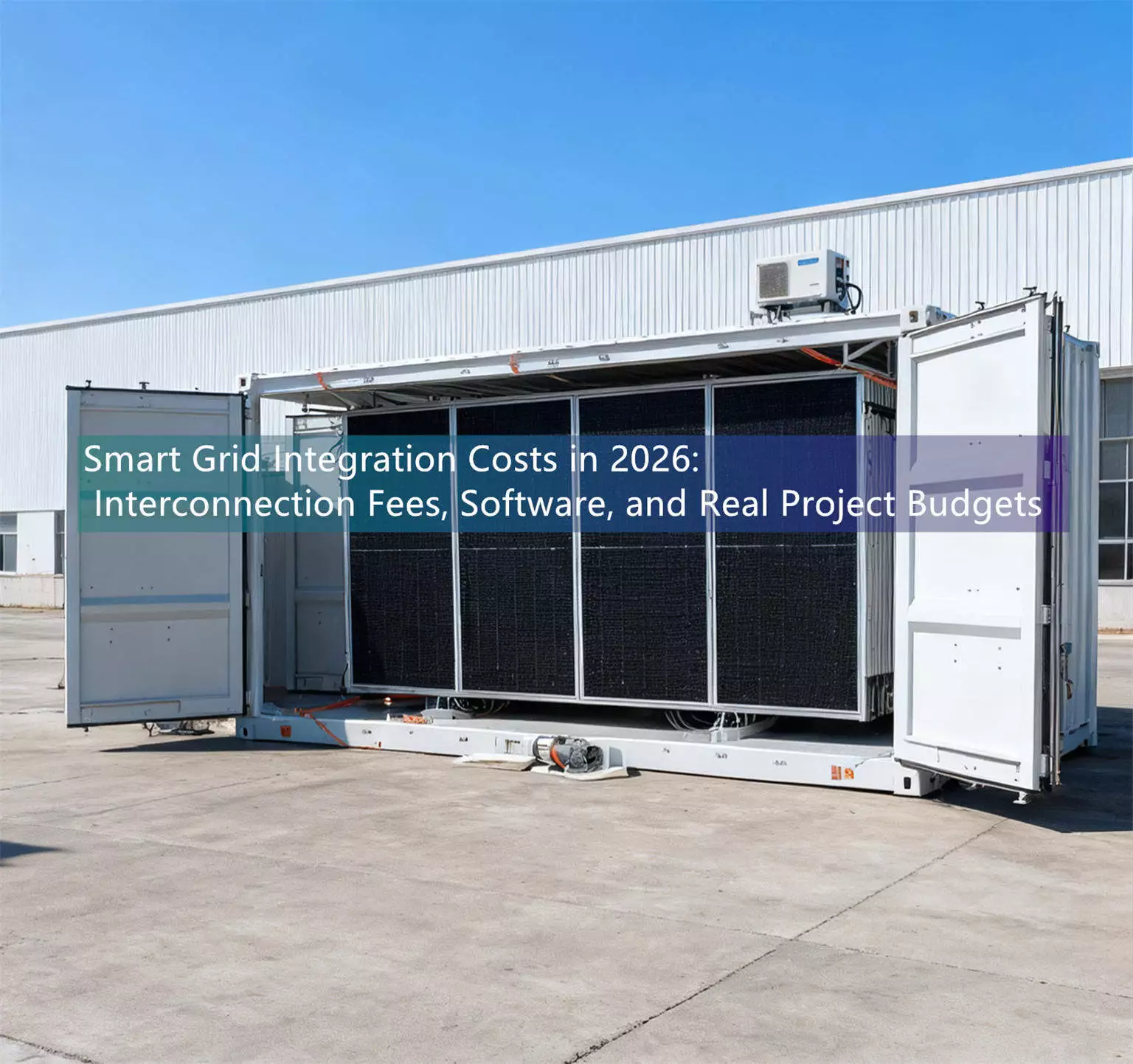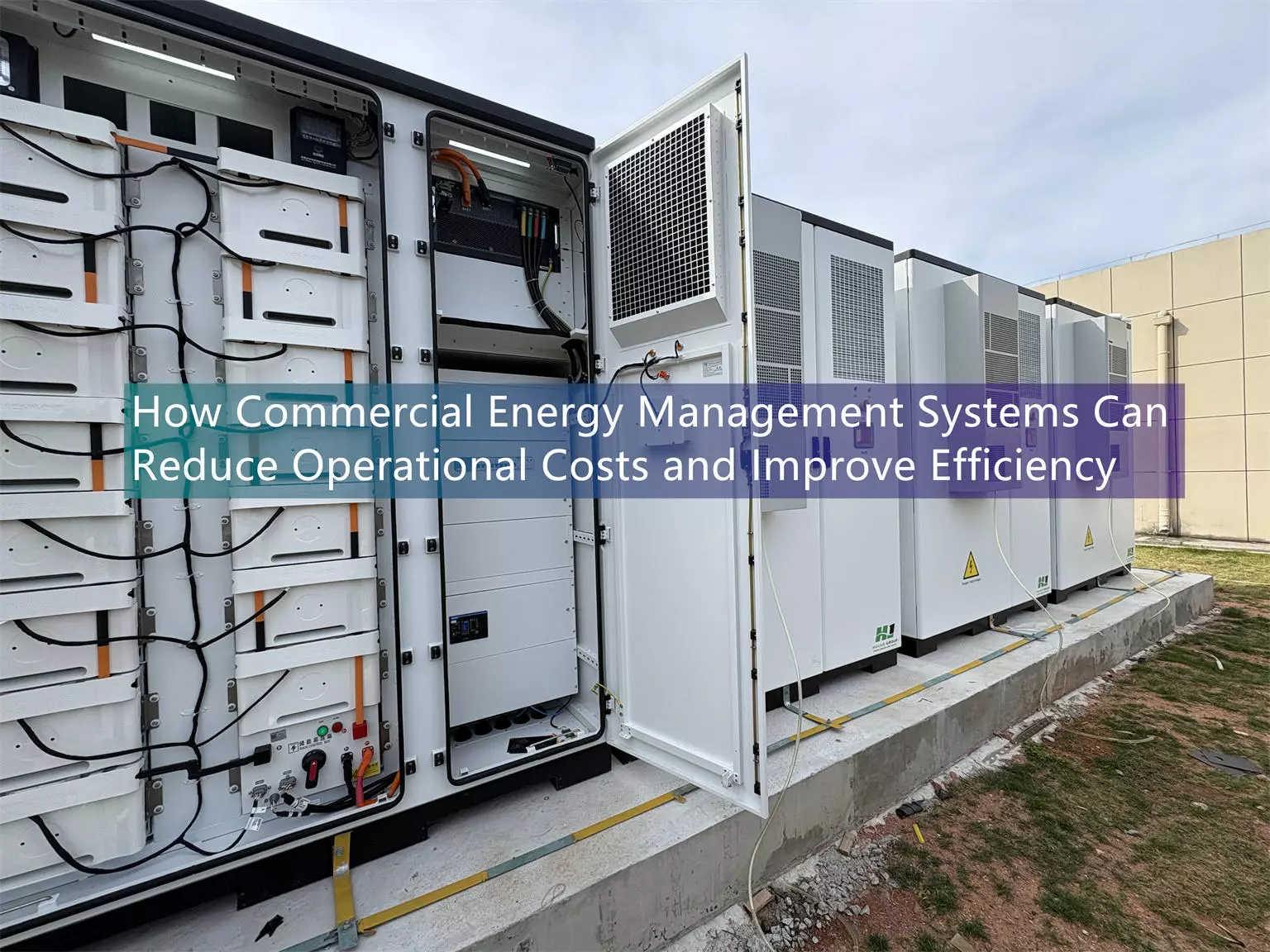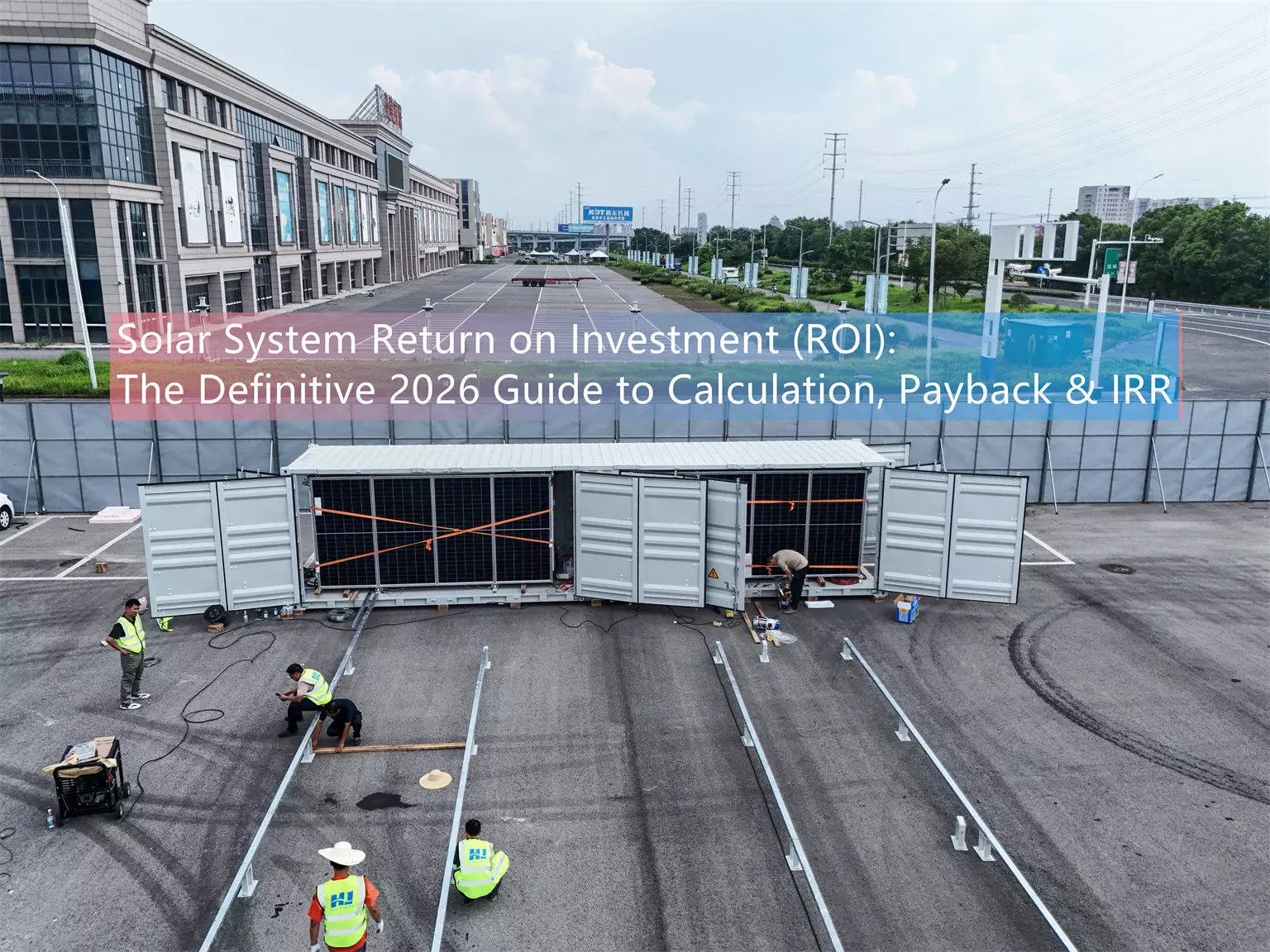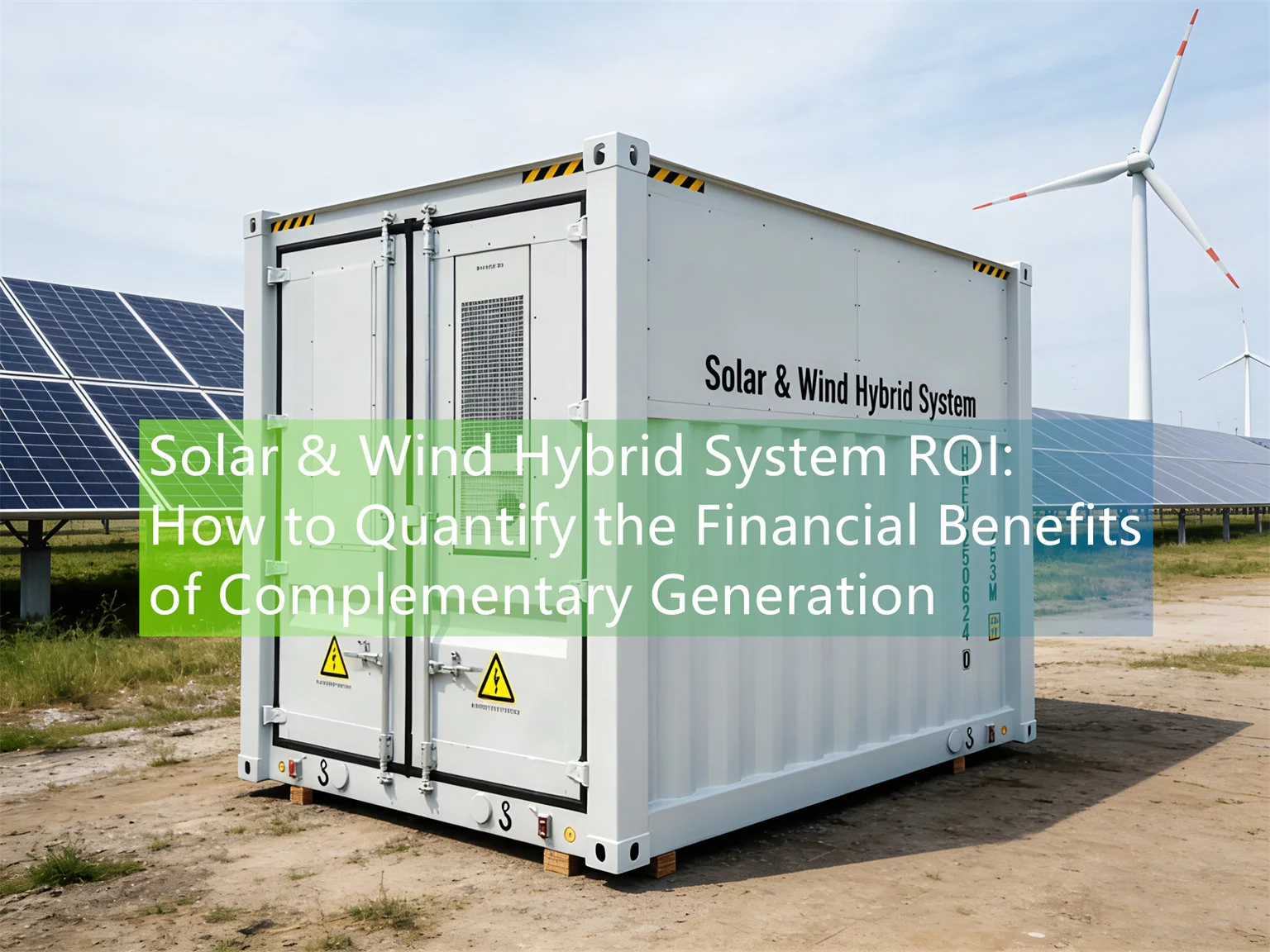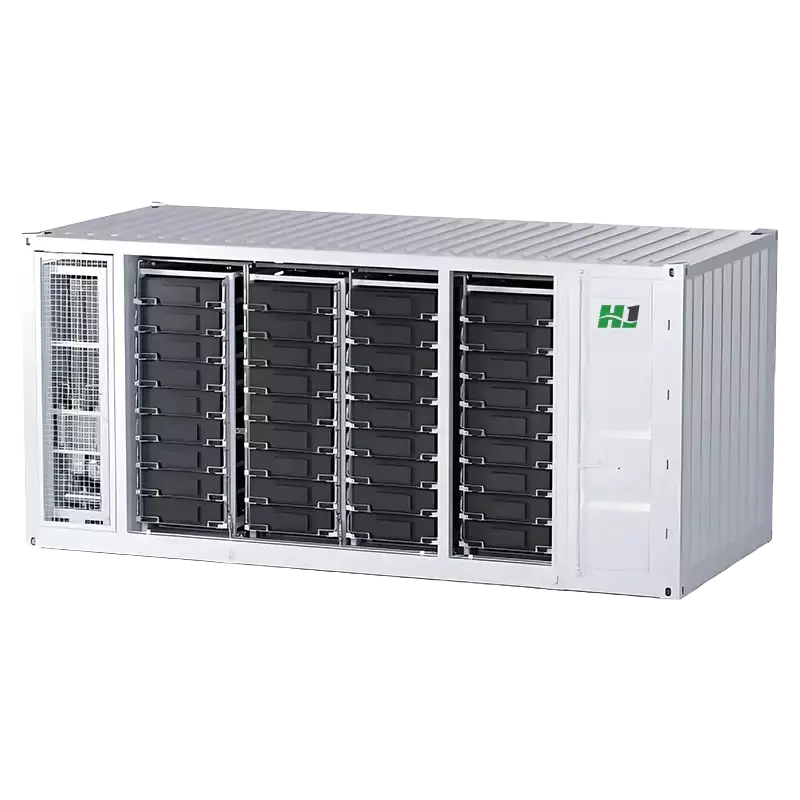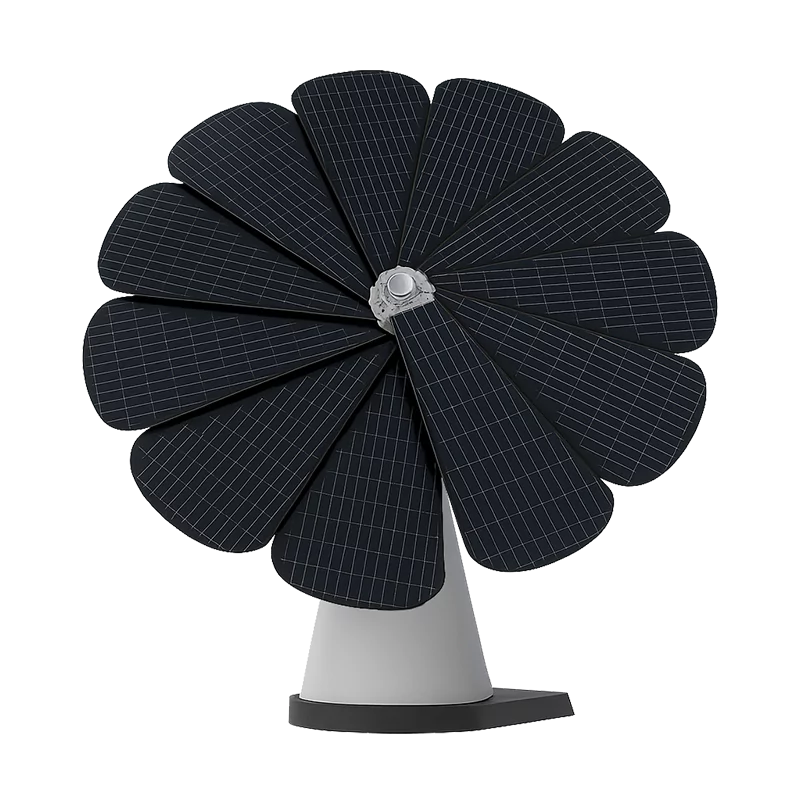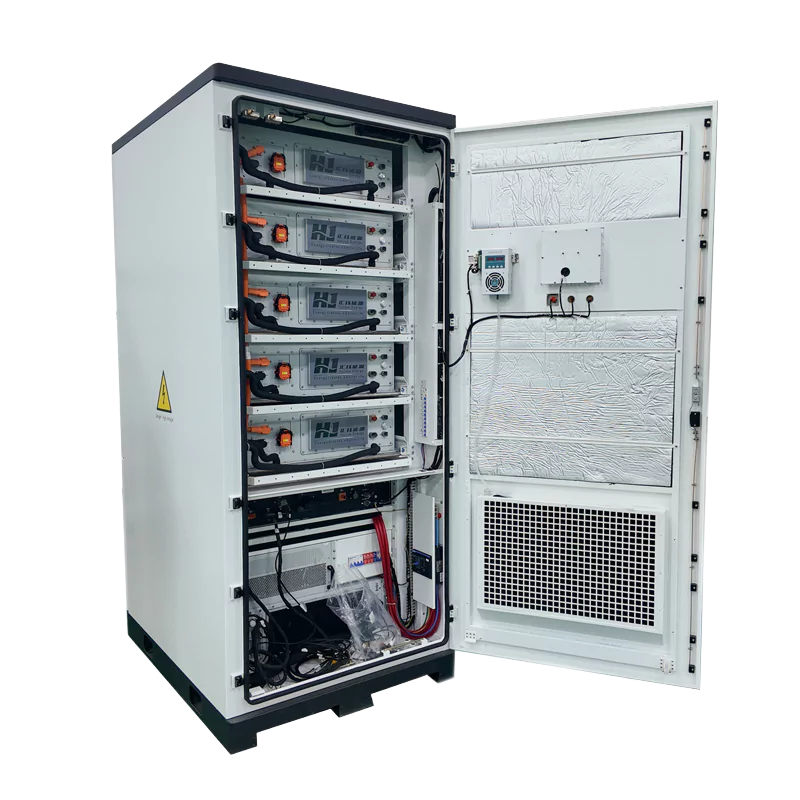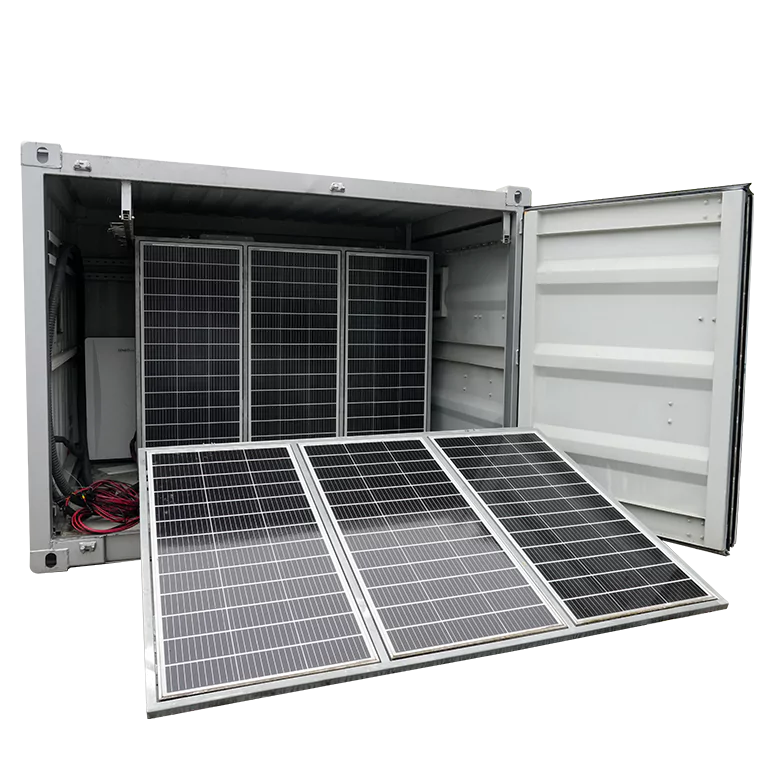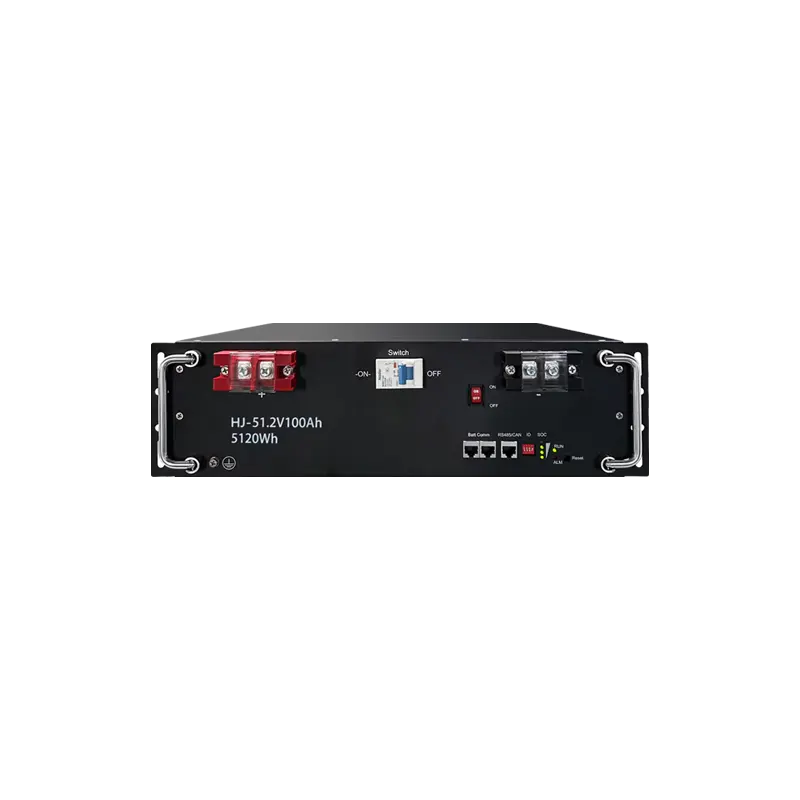Bangkok Community PV + Blockchain: Thailand’s First P2P Trading Cuts Bills 15-20%
Key Takeaway: Bangkok’s T77 project combines solar PV and blockchain technology to create Asia’s first peer-to-peer energy trading platform, reducing electricity bills by 15-20% and cutting CO2 emissions by 800 tons annually.
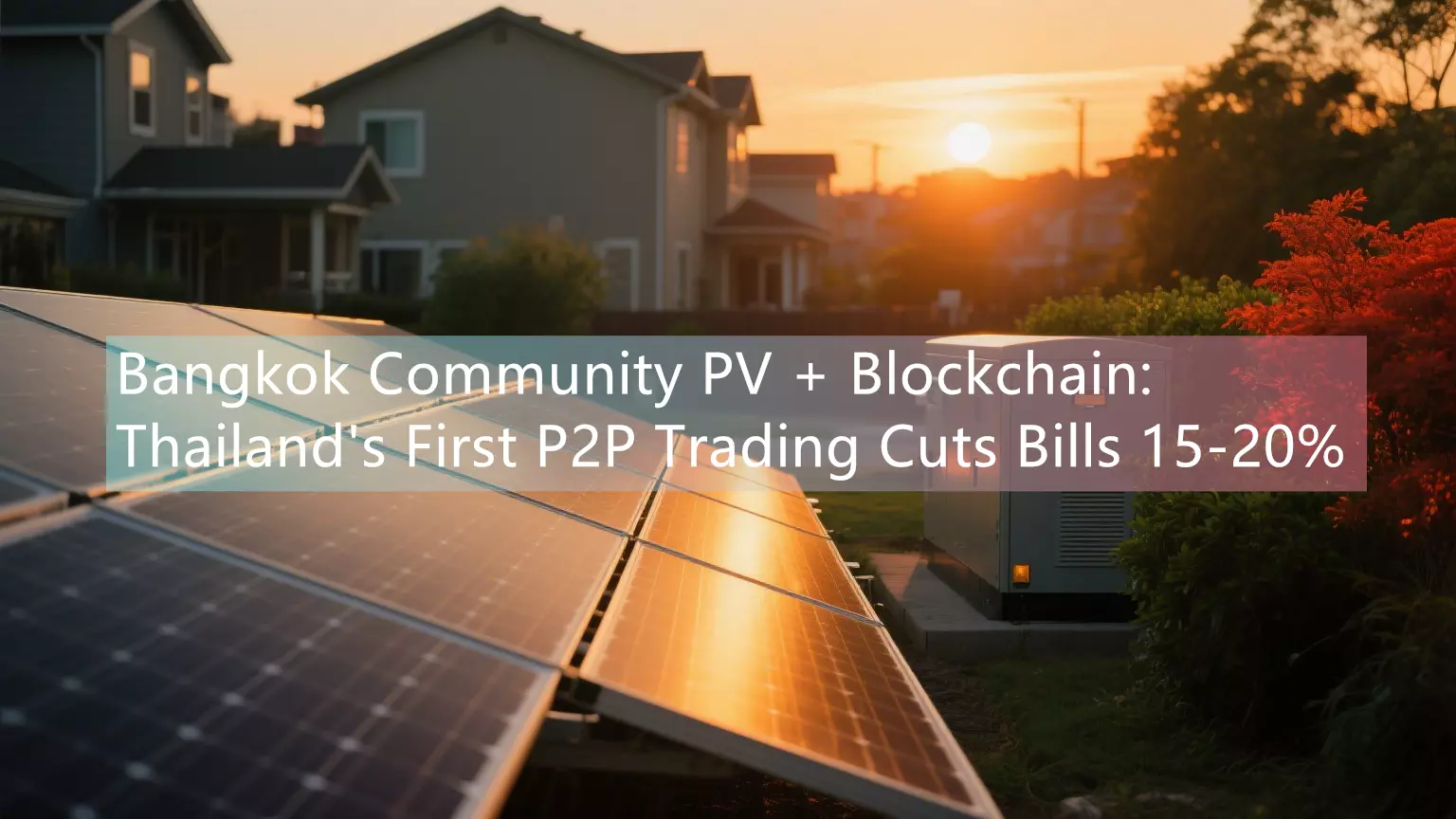
In Southeast Asia, as power demand grows swiftly and local weather exchange pressures intensify, Bangkok is undergoing a quiet however far-reaching energy revolution. T77 Park is a daring undertaking that combines photovoltaic (PV) solar power with blockchain technology to create a peer-to-peer (P2P) energy trading platform. More than simply a single solution, this modern assignment presents a replicable blueprint for Asia’s energy transition, integrating distributed electricity sources (DERs), blockchain transparency, and localized engineering.
T77 Park: A Model for Future Cities
Located in Bangkok’s Sukhumvit district, T77 Park is an 8-hectare mixed-use development. A 635 kW photovoltaic system is set up in the park to electricity key buildings, along with Habito Mall, Bangkok International Preparatory School, Park Court Serviced Apartments, and Bangkok Dental Hospital. Here, blockchain science serves as the core help of the system, enabling residents and groups to habits direct photovoltaic electricity transactions via a obvious and decentralized ledger.
This P2P power buying and selling device eliminates the want for intermediaries, making sure honest pricing and energy-efficient power use. Using Power Ledger’s blockchain platform, residents of T77 are capable to alternate strength tokens (called Sparkz) in actual time, growing a community-wide grid for sharing, shopping for and promoting energy.
Key Technology Components
- Blockchain Layer: Automated electricity trading, metering and billing by using clever contracts, finishing transactions throughout 18 nodes.
- Grid Integration: Bangkok MEA (Metropolitan Electricity Authority) permits access to the metropolis grid to allow strength flows, whilst the blockchain handles transactions.
- Efficiency Improvements: Participants said 15-20% decrease electrical energy payments and 12% greater returns to photovoltaic producers in contrast to usual constant feed-in tariffs.
Efficiency and Scalability: Results in the Data
| Indicators | T77 Pilot | Future Goals |
|---|---|---|
| Solar Capacity | 635 kW | 2 MW in 3 years |
| Participants | 4 Entities | 31+ Projects |
| Transaction Speed | Nearly Real-Time (Blockchain Settlement) | — |
| Carbon Reduction | Community-Level Reduction with Confirmed Proof | — |
This pilot mission verified that distributed strength structures can be deployed correctly at the neighborhood stage and can scale to meet the developing wants of Southeast Asian cities.
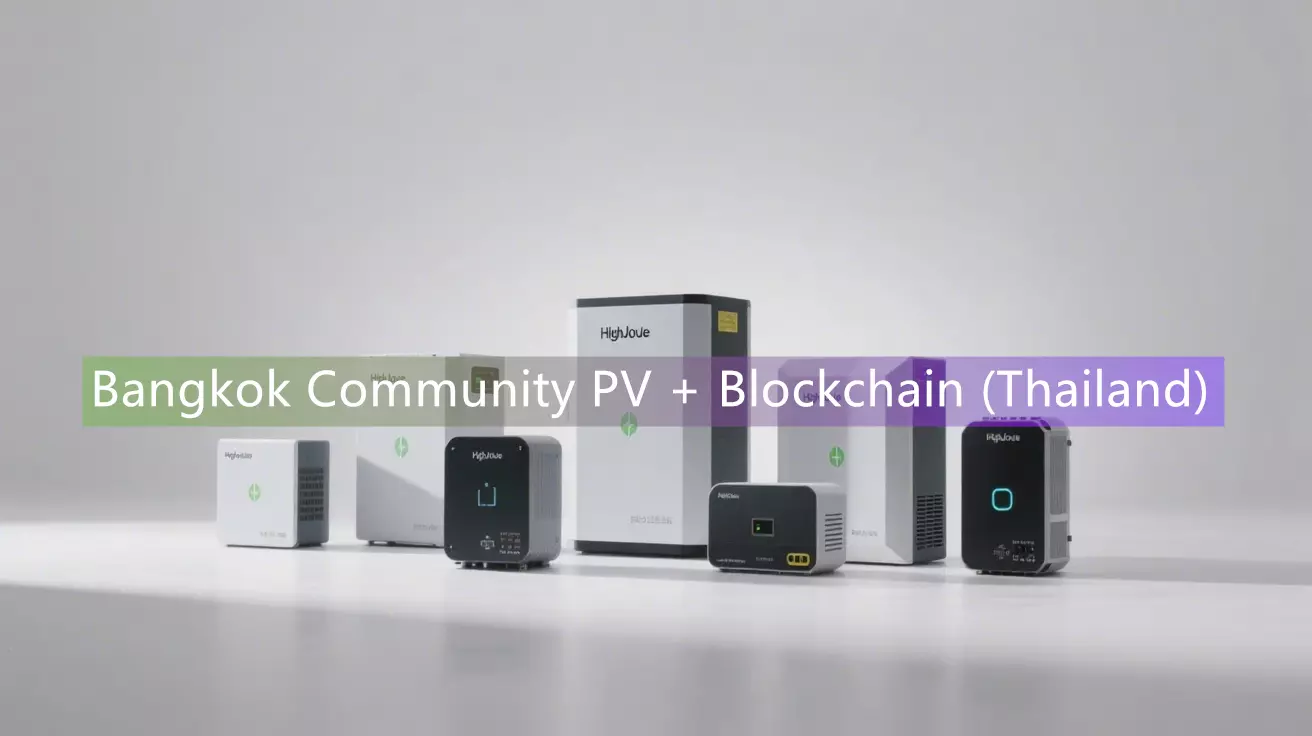
Challenges Facing Asian Energy Markets
Asia is domestic to 60% of the world’s population, however the place faces a twin disaster of power shortages and high carbon emissions. Asia’s electricity demand is anticipated to double by means of 2035, and 75% of emissions presently come from fossil fuels. The question is clear: How can these hastily developing cities meet their strength wants in a sustainable way?
For Thailand, the reply lies in harnessing renewable power and blockchain technology. Thailand goals to get 25% of its electrical energy from renewable power through 2037, and initiatives like T77 are key to accomplishing this goal. By the usage of allotted electricity assets (DERs), Thailand is opening to overcome the inefficiencies of its grid. In fact, the T77 virtual power plant (VPP) science helped minimize top demand strain by using 18%, efficiently stabilizing the grid.
HighJoule’s Solution: Driving Future Site Energy Systems
While Power Ledger gives the blockchain platform, HighJoule performs a key position in optimizing strength technology and storage, imparting a behind-the-meter (BTM) site energy solution that is flawlessly desirable to decentralized strength systems.
Product Highlights
1. HJS Series Solar Inverter
98.7% efficiency, mainly appropriate for rooftop photovoltaic structures with massive load versions (20-50% capacity).
Grid formation capabilities, making sure secure energy grant throughout strength outages, which is essential for the typhoon-prone weather in Bangkok.
2. HJB-20kWh Lithium Battery Storage System
6,000+ cycles, 15-year provider lifestyles at 80% discharge depth, appropriate for every day cost and discharge cycles of neighborhood photovoltaic systems.
AI-based load balancing reduces dependence on the grid all through height hours and reduces electricity bills by way of 25%.
3. HJ-Connect IoT Platform
Real-time monitoring of photovoltaic output, battery fitness reputation and electricity buying and selling data, displayed through dashboards. Perfect integration with Power Ledger’s API to make sure statistics synchronization.
Why HighJoule?
- Localized Engineering: HighJoule’s machine complies with Southeast Asian grid requirements and solves the voltage fluctuations and harmonics troubles frequent in the region’s grid.
- Modular Scalability: HighJoule’s answer is fairly scalable and can develop with demand. For example, the T77 campus will increase to two MW based totally on present infrastructure in the subsequent three years.
- Cost-effective: Combining BTM storage device and blockchain transactions, it offers a higher return on funding of 1.2-1.5 instances than typical photovoltaic installations.
Sustainability and Social Impact
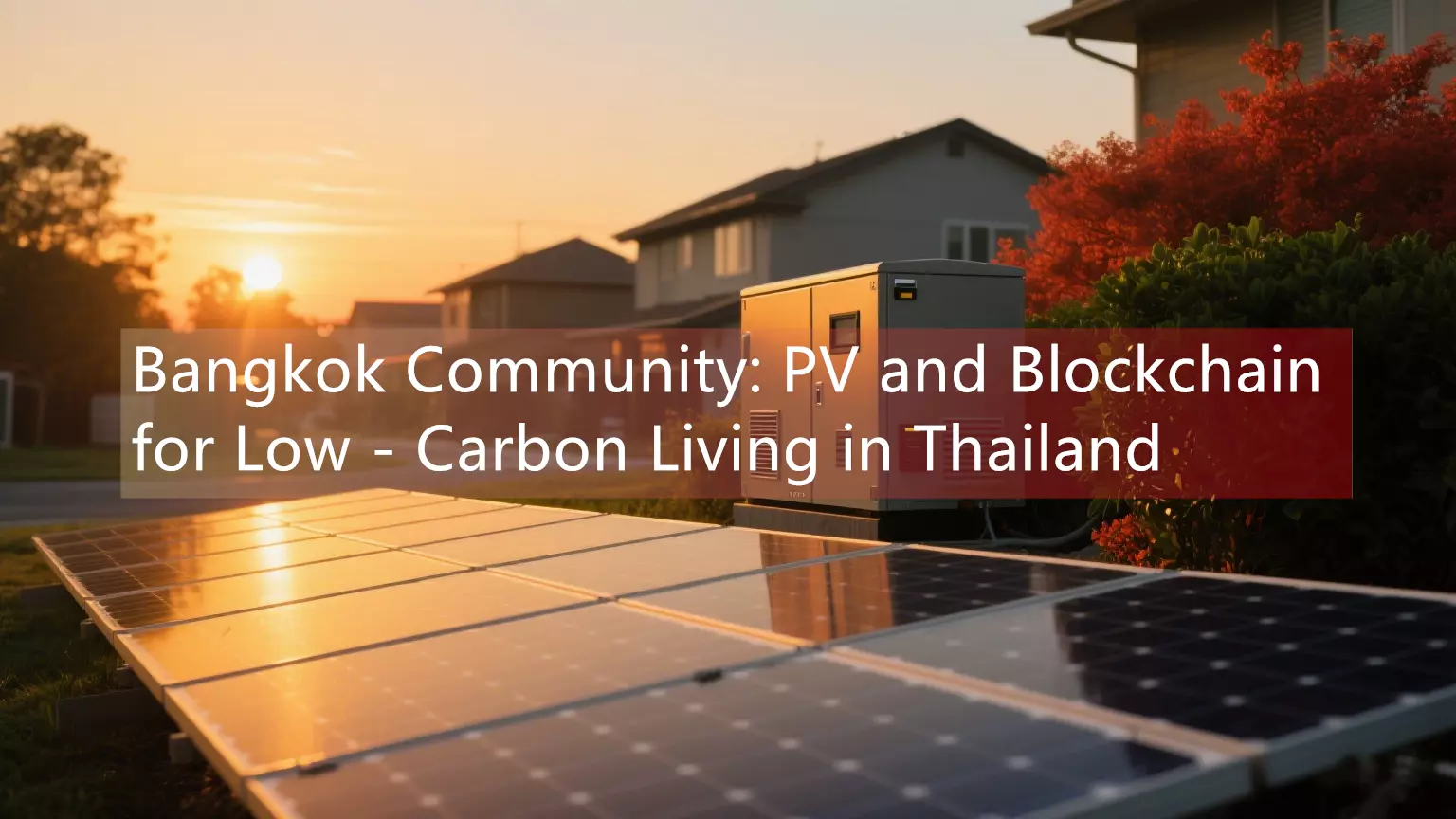
The T77 mission is about extra than simply decreasing electricity costs, it’s additionally about empowering communities. By enabling electricity to be traded and readily available, the mission has helped limit regional CO2 emissions via 800 tons, the equal of planting 44,000 trees.
In addition, low-income households store an common of 1,200 baht (about $35) per month, whilst groups like Bangkok Dental Hospital earn cash from extra photovoltaic power.
Beyond Bangkok: Asia’s Energy Future
The success of the T77 campus is inspiring similar tasks some other place in Asia:
- Indonesia’s Solar Village: Reducing reliance on diesel through microgrids and photovoltaic water pumps, lowering irrigation fees in rural areas by means of 60%.
- Malaysia’s Floating Solar Farm: A a hundred MW challenge combining BTM storage and P2P trading, with the intention of decreasing CO2 emissions with the aid of 200,000 lots per year.
HighJoule’s non-project-specific site energy solution ensures compatibility with a extensive range of platforms, making it especially appropriate for areas like Thailand the place the regulatory surroundings is evolving.
Looking Ahead
The Bangkok Community PV + Blockchain challenge proves that distributed strength options are conceivable and scalable. This mannequin now not solely presents decrease power expenses and increased grid resilience, however additionally drives carbon reduction. HighJoule’s bendy and scalable power options are key to the success of this model, assisting to force the software of this science on a large scale.
As Thailand expands this mannequin to 31 new projects, the world is looking at how this low-carbon revolution unfolds. For HighJoule, the message is clear: the future of electricity is decentralized, and Asia is main this change.
Ready to Implement Community Energy Solutions?
Explore HighJoule’s site energy products designed for Southeast Asia’s unique energy challenges:
Find Your Solar + Battery Storage Specialist Now!
* Fill out this form and our experts will help you find the perfect solar storage solution for your home or business.


